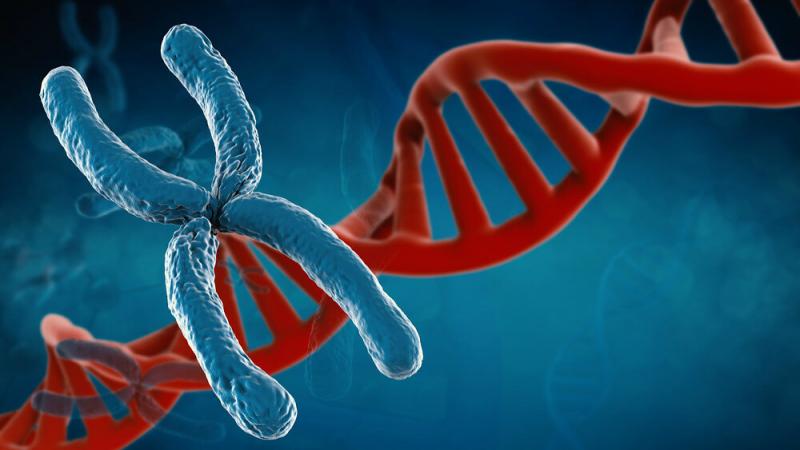The field of molecular cytogenetics has revolutionized our understanding of genetic diseases and has become an indispensable tool in modern medicine. By combining molecular biology and cytogenetics, molecular cytogenetics provides valuable insights into the structure and function of chromosomes at a molecular level. This field has been instrumental in unraveling the complexities of genetic diseases, leading to improved diagnosis, prognosis, and treatment options. In this article, we will explore the importance of molecular cytogenetics and its impact on our understanding of genetic diseases.
Molecular cytogenetics employs various techniques that allow scientists to visualize and analyze chromosomes at the molecular level. One of the key techniques used is fluorescence in situ hybridization (FISH), which utilizes fluorescent probes to label specific DNA sequences. By targeting these probes to specific chromosomal regions, researchers can identify chromosomal abnormalities associated with genetic diseases. FISH has played a pivotal role in the diagnosis of numerous disorders, such as Down syndrome, Turner syndrome, and various types of cancer.
The global molecular cytogenetics market is estimated to be valued at US$ 4,211.4 million in 2023 and is expected to exhibit a CAGR of 24.5% during the forecast period (2023-2030).
Advancements in biotechnology and biophotonics have further enhanced the capabilities of molecular cytogenetics. Biotechnology has allowed for the development of more precise and efficient molecular probes, enabling researchers to detect even subtle chromosomal abnormalities. Additionally, biophotonics has enabled the visualization of chromosomes with exceptional clarity and resolution, facilitating accurate analysis and interpretation of genetic data. These technological advancements have significantly contributed to the progress in understanding genetic diseases.
One notable application of molecular cytogenetics is the identification of genetic rearrangements, such as translocations, deletions, and duplications. These chromosomal abnormalities can have profound effects on an individual's health and can be the underlying cause of various genetic disorders. Molecular cytogenetics techniques can pinpoint the exact location of these rearrangements, allowing for a precise diagnosis and enabling genetic counseling for affected individuals and their families.
Furthermore, molecular cytogenetics has played a crucial role in the discovery of novel disease-associated genes. By mapping the chromosomal regions that are frequently altered in patients with certain diseases, researchers can identify candidate genes that may be responsible for the observed phenotypes. This knowledge opens up avenues for further research and the development of targeted therapies. For example, the identification of the BRCA1 and BRCA2 genes through molecular cytogenetics techniques has revolutionized the management and treatment of hereditary breast and ovarian cancer.
In recent years, molecular cytogenetics has also played a pivotal role in guiding personalized medicine approaches. The identification of specific chromosomal abnormalities in individual patients allows for tailored treatment strategies. For instance, the discovery of the Philadelphia chromosome in chronic myeloid leukemia (CML) patients led to the development of targeted therapies, such as imatinib, which have significantly improved patient outcomes.
Moreover, molecular cytogenetics has found applications beyond the field of genetics. It has been instrumental in pharmacogenomics, where genetic information is utilized to determine an individual's response to medications. For example, genetic testing using molecular cytogenetics techniques can help identify patients who are at higher risk of adverse reactions to certain drugs, such as those with variations in drug-metabolizing enzymes. This information allows healthcare providers to make informed decisions regarding drug selection and dosing, ultimately improving patient safety and treatment outcomes.
Molecular cytogenetics has become a cornerstone in our understanding of genetic diseases. Its ability to detect chromosomal abnormalities, identify disease-associated genes, and guide personalized medicine approaches has had a profound impact on healthcare. With advancements in biotechnology and biophotonics, molecular cytogenetics will continue to evolve, leading to further breakthroughs in the diagnosis, treatment, and prevention of genetic diseases. As we delve deeper into the molecular intricacies of the human genome, molecular cytogenetics will remain an indispensable tool in the realm of genetics and personalized medicine.
